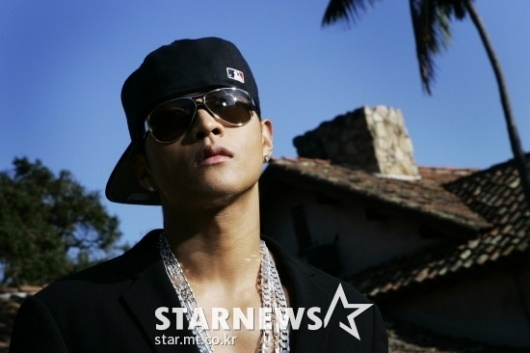
The fifth part of the Seoul Administrative Court held the fourth defense date of the lawsuit filed by Yoo Seung-jun against the consul general of the state Los Angeles consulate general on the 17th. The lawsuit was filed in the Seoul Administrative Court in October 2020, seven months after the Supreme Court of South Korea final victory Judgment in Yoo Seung-jun in March 2020. In July 2020, the government did not allow the issuance of a visa for the Yoo Seung-jun based on the contents of the Overseas Koreans Act, and the lawsuit was filed again in three months, and the trial resumed in eight months.
"I know there is no argument in the defendant (the Consulate General of Los Angeles) for whether or not the Yoo Seung-jun has committed illegal Avoidance of military service, regardless of whether it leads to social criticism or national disappointment," said Yoo Seung-jun, The Attorney. "The plaintiffs acquired permanent residency in 1994 after emigrating in 1989 and applied for citizenship in 1999 to follow the citizenship process," he explained.
"It is acquired by meeting the requirements for citizenship acquisition, and there is no problem," he said. "It is natural that if you acquire citizenship, you lose your nationality and your military service is obligated. In terms of whether there was a purpose of Avoidance of military service while losing nationality, objectively it seems like (as we avoided), but the plaintiff claimed that the family emigrated, obtained permanent residency, and went to the procedure with citizenship qualifications. "
"Although it may be socially criticized in the circumstances of (acquiring citizenship), it was exempted because it acquired nationality, not because it legally sought to avoid military service," The Attorney stressed.
After hearing the position of Yoo Seung-jun The Attorney, the court suddenly stopped listening and told Yoo Seung-jun's The Attorney, "We are judging the facts revealed regardless of whether or not the legal punishment of Yoo Seung-jun is revealed (in relation to the Avoidance of military service). "Do not say it categorically," he said. "It is the only case in which there was an apparent Avoidance of military service situation in the process of leaving the country for citizenship.
The court added, "Even if it took a long time, of course, for the prohibition of entry, the fact that Yoo Seung-jun mentioned through YouTube, etc., still does not contain legal refutations that the majority of the people feel relative deprivation of the obligation of defense and are concerned about harming national public and safety."
Yoo Seung-jun was banned from entering the United States of America in 2002, ahead of his military service, and was banned from entering the country under Article 11 of the Immigration Control Act. Yoo Seung-jun filed a lawsuit against the consul general of the state Los Angeles consulate general, saying, "Please cancel the refusal to issue a visa." The lawsuit was finally finalized as a Judgment to dismiss the appeal hearing after the cancellation of the Supreme Court of South Korea.
In the previous hearing, Yoo Seung-jun The Attorney reiterated his existing position and said, "The refusal of the visa issuance of the consulate general in Los Angeles corresponds to the precedent of the Supreme Court of South Korea." Discretion should also be done within the prescribed guidelines, he said, "This is against the principle of proportionality and equality." On the other hand, the State Consulate General The Attorney refuted the Supreme Court of South Korea Judgment of the lawsuit against the cancellation of the previous certificate of issuance of the Young-jun, saying, "It is an excessive claim to judge that it is intended to issue a certificate." "Yoo Seung-jun left for overseas performances in 2002 when he received a notice of entry. United States of America citizenship for the United States of America. This is the only case of Avoidance of military service. "It is clear that this is a special situation (in relation to the Avoidance of military service)," he said.